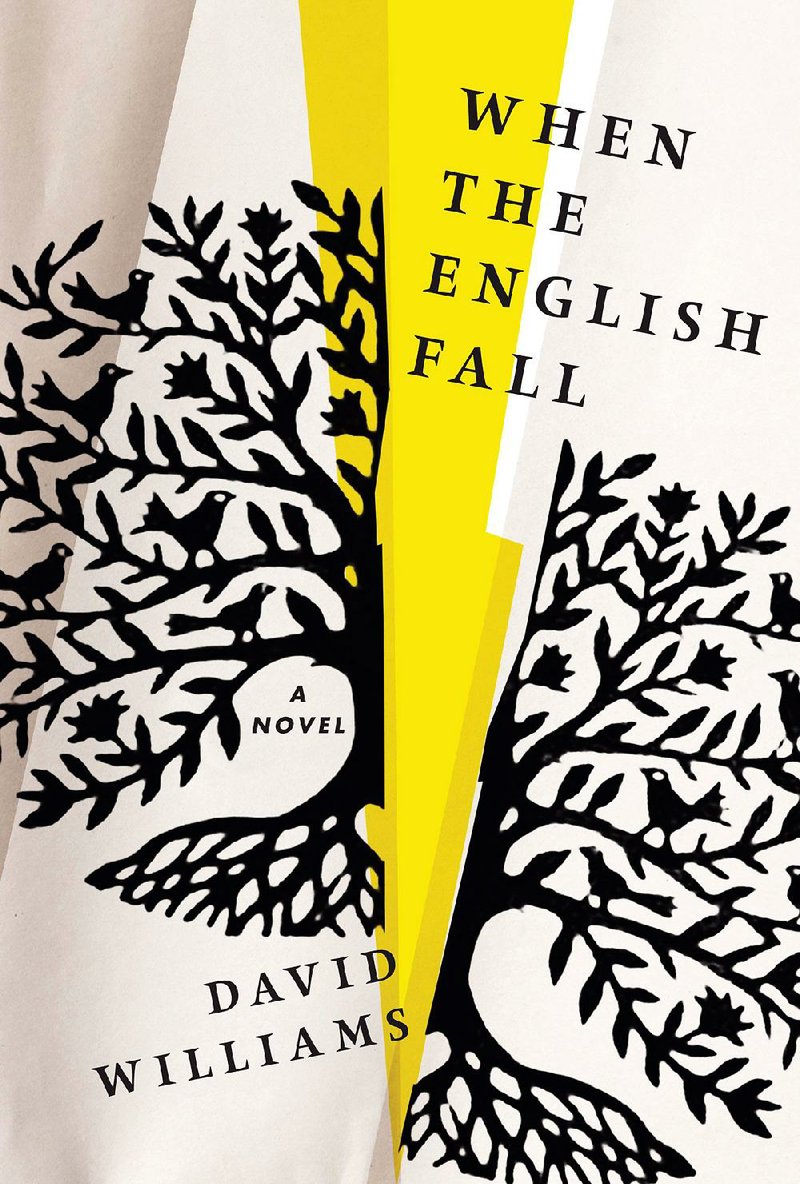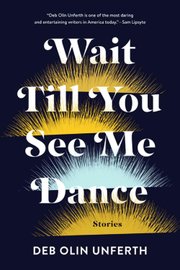I gave away a few thousand books this fall, mostly to the Central Arkansas Library System but to a few other institutions and individuals as well, clearing out more than half of our shelf space and physically and psychically lightening the burden that pins us to the world. I feel good about it now, though I admit it was difficult to begin the process. I have always lived with walls of books, and stripping the cases in my office at first felt dangerously wrong.
But most of those books were insulation, just signifiers and trophies, dead bottles from which I'd already drunk and to which I'd likely never return. So out they went, to someplace where they could be of use to someone else.
I was particularly ruthless with newer titles, especially with nonfiction that might become outdated or passe. My new library is mainly fiction that has acquired canonical or near-canonical status, history and poetry. A lot of the books that come in go right back out. I've decided to raise my standards for what earns a place on the shelf. And Karen, my wife, suggests that I not add a new book without giving away an old one.
This is where we've arrived at the end of 2017, and it's not a bad place; books churn briskly through our house rather than squatting there.
While I've never been much good at compiling any sort of year-end best-books list, I am prepared to be of service, to mention a few titles that a Christmas shopper might find handy.
In doing so, maybe I should stay away from some of the more obvious books, about which much fuss has been made, such as George Saunders' Lincoln in the Bardo (Random House, $28), which was published in February and in October won the Man Booker Prize, a thoroughly deserving ghost story/play for voices that evokes Edgar Lee Masters' Spoon River Anthology and Dylan Thomas' Under Milk Wood. But you probably know that.
On the other hand, you may not know about David Williams' When the English Fall (Algonquin, $24.95) or Kayla Rae Whitaker's The Animators (Random House, $27), two debut novels I can't get out of my head, both of which had the virtue of being as readable as anything by John Grisham (two pleasantly sly novels this year, Camino Island and The Rooster Bar and both Doubleday, $28.95).
I imagine you're familiar with Haruki Murakami's latest short-story collection Men Without Women (Knopf, $25.95) but you might not be aware of David Jauss' remarkably confident (and egoless) collection Nice People: New & Selected Stories II (Press 53, $19.95). Similarly, Peter Taylor is a wonderfully subtle and woefully underappreciated writer who deserves the recently published two-volume box set Peter Taylor: The Complete Stories (Library of America, $75), comprised of 59 stories published during the writer's life. (The collection deserves a fuller review; maybe I'll get to that next year.)
I became aware of Deb Olin Unferth's book of stories Wait Till You See Me Dance (Graywolf Press, $16) when it came up in Karen's book club rotation; the stories are shattering and bleak -- the haunting "The First Full Thought of Her Life" ought to be anthologized in high school readers and internalized into our store of common touchstones.
For sheer audacity, it's hard to top David Grossman's A Horse Walks Into a Bar (Knopf, $29.95) which, despite its gimmicky sounding premise -- a stream-of-consciousness monologue by a slipping-down Israeli comic working a half-empty club in a town between Tel Aviv and Haifa -- coheres into an impressive exertion of the human spirit in a grim universe.
I've only read the opening pages of John Banville's Mrs. Osmond (Knopf, $27.95), yet I might still recommend it because I've always seen Banville as a modern analog to James, a masterful provider of delicately balanced, freighted sentences. The novel picks up the story of Henry James' Portrait of a Lady heroine where James left off.
On the nonfiction side, I never got around to reviewing David Grann's Killers of the Flower Moon: The Osage Murders and the Birth of the FBI (Doubleday, $28.95), a fascinating crime story that resonates for our time. Similarly, I find it hard to commit criticism on a work like The Letters of Sylvia Plath: Volume 1: 1940-1956, edited by Peter K. Steinberg and Karen V. Kukil (Harper, $45), but dipping into it allows us to sample the thoughts of Plath on her early successes, her marriage to Ted Hughes, and the inchoate sadness that led to her suicide.
(Another book that crossed my desk this year that was impossible for me to review was Maeve Maddox' spritely grammar guide Word Rage (CreateSpace).
And Kay Redfield Jamison's Robert Lowell: Setting the River on Fire: A Study of Genius, Mania, and Character (Knopf, $29.95) is so well-written that it might enthrall even those who have no particular interest in its subject.
Ann Powers' Good Booty: Love and Sex, Black & White, Body and Soul in American Music (Dey Street, $26.99) has the sense to go big and swing for the fences. Even if some of the theories expressed feel a little cracked, the book remains one of the most entertaining reads of the year. And she may be right when she argues that we, "as a nation, only truly and openly acknowledge sexuality's power through music."
I was somewhat underwhelmed by the highly responsible biography of Lou Reed (Lou Reed: A Life, Little, Brown and Company, $32) produced by Anthony DeCurtis, one rock 'n' roll writer who apparently got along with the famously surly artist. But Joe Hagan produced Sticky Fingers: The Life and Times of Jann Wenner and Rolling Stone Magazine (Knopf; $29.95), a rollicking warts and all portrait of the Rolling Stone founder that apparently was too revealing for the subject. (Wenner stopped cooperating with Hagan when he realized the book mightn't be altogether flattering.)
The oral history -- more than 180 voices, including childhood friend Peter Frampton and musical collaborators Brian Eno and Nile Rodgers -- presented in David Bowie: A Life, by Dylan Jones (Crown Archetype, $28) is alternately endearing, heartbreaking and remarkably retentive of the capacity to surprise even longtime fans.
I also enjoyed Ron Chernow's comprehensive biography of Ulysses S. Grant -- Grant (Penguin Press, $40) -- which asserts its subject's largely overlooked and underappreciated accomplishments as president. On the other hand, John A. Farrell doesn't re-evaluate his president in Richard A. Nixon: The Life (Doubleday, $35), the best one-volume biography of the famously complicated man I've read to date.
I've heard good things about Hillary Clinton's campaign memoir What Happened (Simon & Schuster, $30) though I've no heart to read it. But as we start to run out of space let me throw out, without comment, a few more nonfiction titles I can recommend:
Lenin: The Man, the Dictator, and the Master of Terror, Victor Sebestyen (Pantheon, $35)
The Future Is History: How Totalitarianism Reclaimed Russia, Masha Gessen (Riverhead, $28)
The Evangelicals: The Struggle to Shape America, Frances FitzGerald (Simon & Schuster, $35)
Animals Strike Curious Poses: Essays, Elena Passarello (Sarabande, $19.95)
And finally, five books of poetry:
Half-Light: Collected Poems 1965-2016, Frank Bidart (Farrar, Straus Giroux, $40)
House of Lords and Commons, Ishion Hutchinson (Farrar, Straus and Giroux, $23)
American Purgatory, Rebecca Gayle Howell ($14.49, Eyewear Publishing)
Ashbery: Collected Poems 1991-2000, John Ashbery, edited by Mark Ford (The Library of America, $40)
Blue Laws: Selected and Uncollected Poems, 1995-2015, Kevin Young (Knopf, $30)
pmartin@arkansasonline.com
blooddirtangels.com
Style on 12/10/2017



